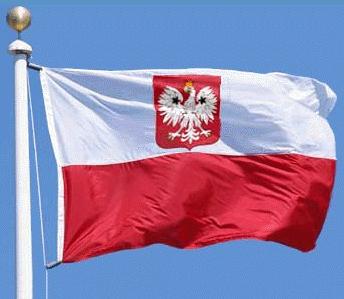Survey: Not all East Europeans happy with Communism's fall
 Warsaw - Most East Europeans believe that life is better now than under Communism, but a large number of people, especially in Hungary, have a positive view of life under the old regime, according to a four-nation survey released Friday in Warsaw.
Warsaw - Most East Europeans believe that life is better now than under Communism, but a large number of people, especially in Hungary, have a positive view of life under the old regime, according to a four-nation survey released Friday in Warsaw.
Czechs were the most optimistic of the survey's respondents, with 68 per cent saying the present is better, according to the poll by Warsaw's Institute of Public Affairs.
The institute surveyed 4,000 people in Poland, Slovakia, Hungary and the Czech Republic. Release of the survey's results comes days before Monday's 20th anniversary of the fall of the Berlin Wall.
Hungarians were most critical of their current circumstances: 50 per cent said their lives today were worse than before Communism's collapse in 1989.
Among Polish and Slovak respondents, 59 and 53 per cent, respectively, said they fared better now than during life in the former Soviet bloc.
"Democracy has support among citizens but ... it's a cold, critical relation to the present," said Malgorzata Falkowska, a researcher at the Institute of Public Affairs.
The poll found that, overall, Czechs most positively viewed democracy and the changes in 1989.
Some 44 per cent of Poles and Czechs thought their country's efforts to build a democracy had been a success, with some 43 per cent of Slovaks also rating the transformation positively.
Hungarians were most critical, as the poll showed that 26 per cent were happy with the last 20 years of transformations.
About a dozen Poles surveyed in a focus group said the fall of communism brought positive changes like freedom, greater opportunities and a free market economy, said analyst Grzegorz Makowski.
But there were also negative consequences, the respondents said, like a weakening sense of community, fewer family values and a move away from church towards consumerism.(dpa)